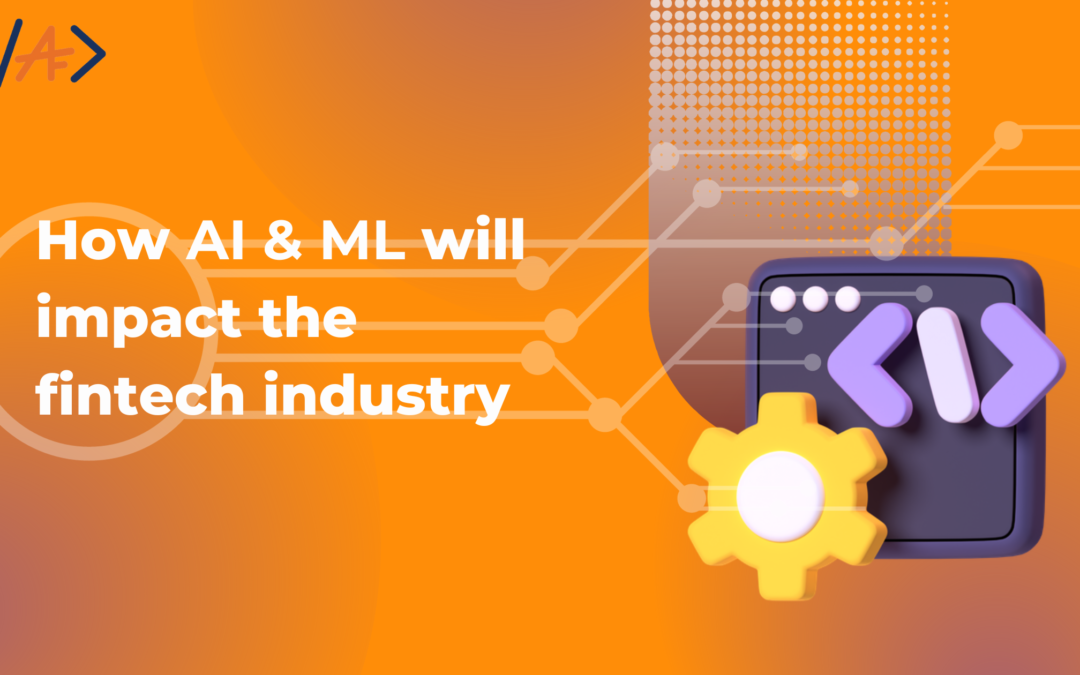Machine learning (ML) and artificial intelligence (AI) are rapidly changing the fintech sector. These technologies are being utilized to streamline processes, enhance decision-making, and customize the experiences of customers.
Fraud detection is one of the biggest effects of AI and ML in fintech. Large data sets can be analyzed by machine learning algorithms to find trends and abnormalities that might point to fraudulent activity. This makes it possible for financial institutions to promptly identify and stop fraud, which can result in annual savings of billions of dollars for them.
Additionally, customer service has benefited from the application of AI and ML. For instance, AI-powered chatbots may respond to client inquiries around-the-clock, freeing up human employees to work on more difficult duties. AI can also be used to tailor the experiences that customers have, for example, by suggesting goods and services that are likely to be of interest to any single consumer.
The government of India has been encouraging the usage of AI and ML in the fintech sector. The Reserve Bank of India (RBI) introduced a sandbox program in 2022 to let fintech firms test and use brand-new AI-powered goods and services. To ensure that AI is applied fairly, the RBI has also released guidelines on its usage in lending.
The topic of UPI integrations is one of the most exciting uses of AI and ML in fintech. Users of the UPI real-time payment system can instantaneously transfer money between bank accounts. Fintech organizations can more easily provide UPI-based services by using AI to streamline the UPI integration process.
AI can also be applied to boost UPI payment security. AI can be used, for instance, to spot and prevent fraudulent UPI transactions.
Lending is another sector of fintech where AI is having a significant impact. AI-powered lending systems may evaluate borrowers’ creditworthiness using information from a range of sources, including credit reports, social media, and mobile phone usage. This may aid in improving the fairness and accuracy of lending decisions.
Although AI and ML are still in their infancy, they have the potential to completely transform the fintech sector. In the financial industry, these technologies are already being used to boost productivity, security, and client satisfaction. Future developments in fintech are likely to be significantly influenced by AI and ML in the next few years.
Here are some instances of how AI and ML are applied in the fintech sector specifically:
- Fraud detection: Systems that use AI to detect fraud can examine a lot of data to find trends and abnormalities that might point to fraudulent activity. Financial institutions may be able to save billions of dollars annually by using this to help them swiftly detect and prevent fraud.
- Customer service: AI-powered chatbots can answer consumer questions 24 hours a day, 7 days a week, freeing up human employees to focus on more difficult work. AI can also be used to personalize client experiences, such as recommending products and services that each unique consumer is likely to be interested in.
- Risk assessment: AI can be used to evaluate the risk of lending money to a borrower. This can assist financial institutions in making better lending selections.
- Investment management: Using AI, financial data may be analyzed to find investment opportunities. Investors may be able to make wiser judgments as a result.
- Regulatory compliance: AI can be used to assist financial organizations in adhering to rules. This may assist in lowering the possibility of fees and penalties.
Although it is still in its early phases, the application of AI and ML in the fintech sector is expanding quickly. These innovations have the power to completely transform the financial industry, making it more effective, safe, and open to all.


